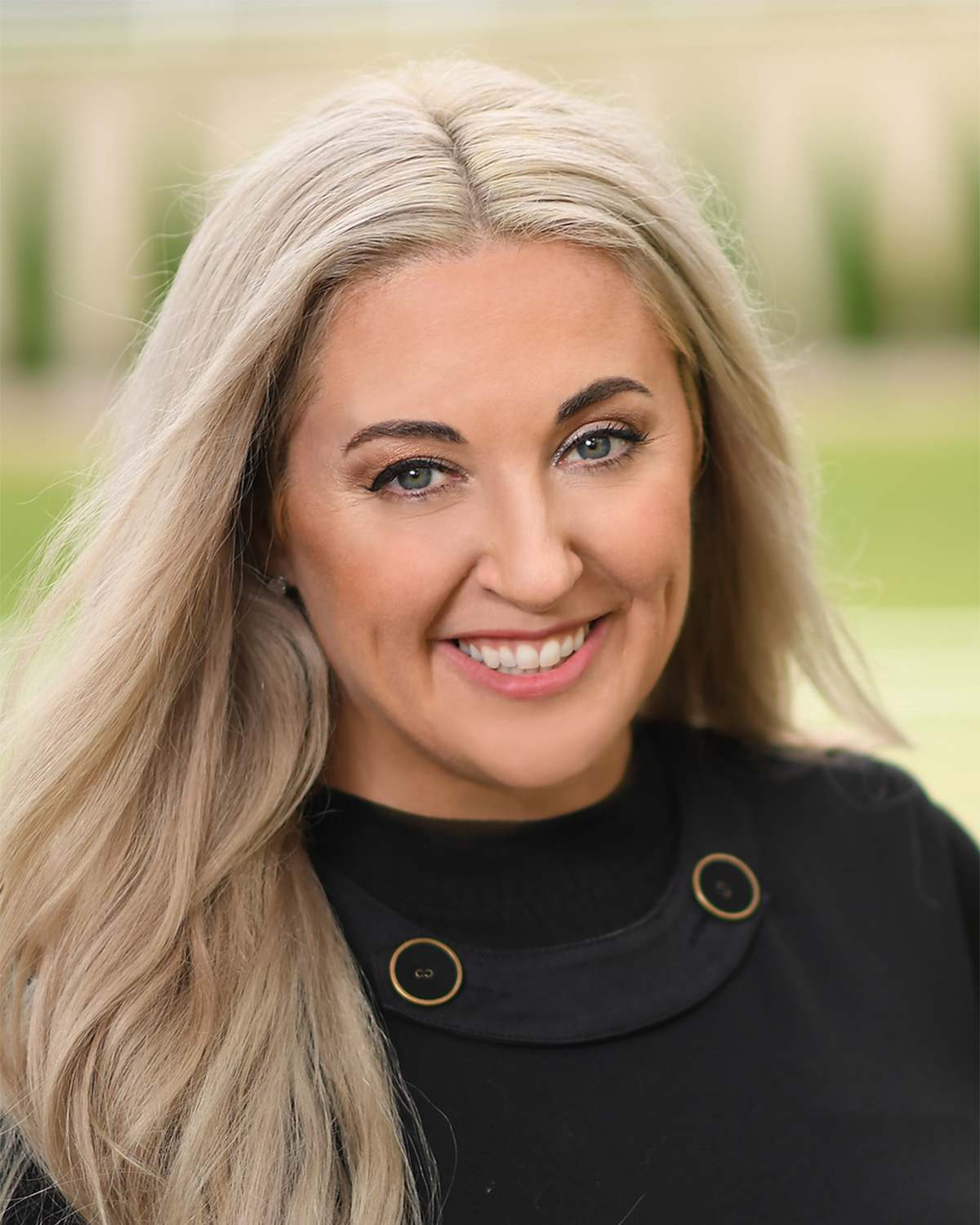
claim means going to trial. That’s a myth. The truth is that the majority of personal injury cases are resolved through a settlement with an insurance company or through a process known as mediation. Mediation is a form of alternative dispute resolution (ADR) that occurs before a case reaches the courtroom.
Our team of Michigan personal injury lawyers can guide you through the claims process from start to finish. When you work with us, you’ll have attorneys who can explain mediation and whether it is right for your case. We can also explore additional options that might suit your needs.
What is Mediation in a Personal Injury Case?
Mediation is an attempt to reach a settlement without the need for a trial.
In mediation, the involved parties and their attorneys sit down with a neutral third party (called a mediator) to discuss the contested parts of the case and try to reach a settlement. The mediator is not a judge and cannot order you to accept a decision. Instead, the goal is to work together to achieve a resolution that all parties can accept.
It has several advantages. First, a successful mediation can avoid the cost and risk of a drawn-out trial. Mediation has also been shown to have high settlement rates and is a faster means of resolving cases when compared to certain other methods, according to previous data from the Michigan State Court Administration Office.
Mediation is a voluntary process, which means both parties must agree to it. If both parties agree, the case can move forward.
Personal Injury Mediation Process
If you are interested in mediation, here are some things to keep in mind:
- Select a mediator. Usually, a mediator is a retired attorney or judge. The involved personal injury lawyers can help the parties find a mediator for the case. A mediator and your lawyer can help explain the roles and the step-by-step processes. Your lawyer can inform you of the costs and how the expenses apply in your contingency fee arrangement.
- Scheduling: The parties will arrange to meet at a time that is convenient and timely for everyone. You and your lawyer will meet with the mediator independently to review the facts of the case and the legal matters in dispute. In some cases, the mediator may suggest a joint meeting with the other side. However, you are not required to accept the mediator’s recommendation.
- Negotiations: The mediator will move between rooms to discuss settlement offers. In some cases, this will happen several times as the parties make counteroffers and try to reach an agreement. While you can attend these sessions without your lawyer, we recommend having representation there to answer your questions and concerns.
- Settlement: Ideally, the case will resolve through mediation. However, if the parties cannot reach a resolution, the case may move to trial.
Mediation can be a valuable tool to resolve your case more quickly. If you choose mediation, your lawyer will be with you the entire time to explain what’s happening and make recommendations. You should never feel forced to accept a settlement in mediation.
Setting Realistic Expectations for Mediation
When working with an injury attorney, they can help you understand the goals and expectations for mediations. Your lawyer should be able to review the weaknesses and strengths in your case to craft a compelling argument on your behalf. They can also give you an idea of what an acceptable compromise might look like with the other party, and other factors to take into consideration.
It’s easy to have ideas about what you deserve and the strength of your case, but our lawyers aim to set these expectations in order to have productive discussions during meditation. Going to trial is no guarantee of success, and it can be stressful to deal with.
Ultimately, going to trial may be the right option for your circumstances, but don’t be afraid to ask your lawyer about mediation options.
Evidence for Personal Injury Mediation
Evidence is crucial to any personal injury claim, and mediation is no different in this respect. Evidence allows our lawyers to help craft a strong argument and state your case for damages. Some of the evidence we may collect before mediation include:
- Testimonies from eyewitnesses
- Reports from medical experts and financial experts who can attest to your injuries and financial losses
- Proof of lost wages and income
- Medical bills and reports
- Police reports and insurance statements
- Photographic and video evidence of the accident and damages
What Happens if Mediation Is Successful in Michigan?
If both parties come to an agreement during the mediation phase, we must finalize the settlement. Part of mediation is also determining the terms of the payout, like how long it will take for you to receive your settlement. We can make sure these and other processes are clear.
What if Mediation Is Unsuccessful?
Mediation does not always work for the parties involved. One or more parties may refuse to agree to any compromise. If this is the case, we can continue negotiations with the other party, or we can take your case to trial.
Should we need to go to trial, time is of the essence. Per Mich. Comp. Laws Ann. § 600.5805, we only have three years to file your lawsuit. The clock is ticking from the date of your injury, so the sooner you reach out to our team, the better. Mediation, while faster than some of the methods, still can take time to resolve.
If mediation does not offer a satisfactory outcome, this means you have less time to continue with your lawsuit. Our Michigan personal injury lawyers will keep you informed of pressing deadlines and actions we may need to take to continue with your claim.
Our Michigan Personal Injury Lawyers Fight for the Compensation You Deserve
At Christensen Law, our personal injury attorneys in Michigan will work to obtain maximum compensation for you as quickly as possible. That may come through direct negotiations with the insurance company, alternative dispute resolution like mediation or arbitration, or a trial. No matter what path your case may take, you can rest assured that we’ll stand by your side and fight for the justice you deserve.
Get an advocate you can trust. Get Christensen Law. Call or contact us today for a free consultation.






